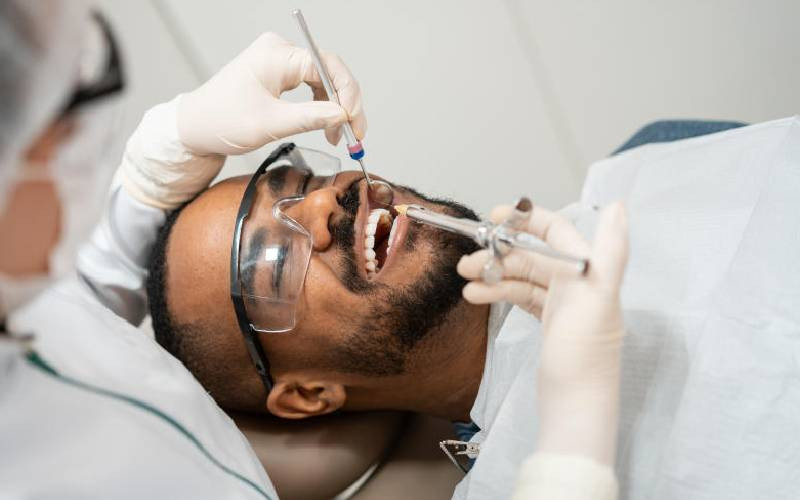×
The Standard e-Paper
Stay Informed, Even Offline

Did you know that by the time most people are 34 years old, they will have had at least one cavity? In fact, when surveyed, most adults report having experienced dental pain in the previous year.
According to the Centres for Disease Control, dental emergencies requiring unplanned care result in an average of over 34 million lost school hours and over USD45 billion (Sh5.98 trillion) in lost productivity annually.